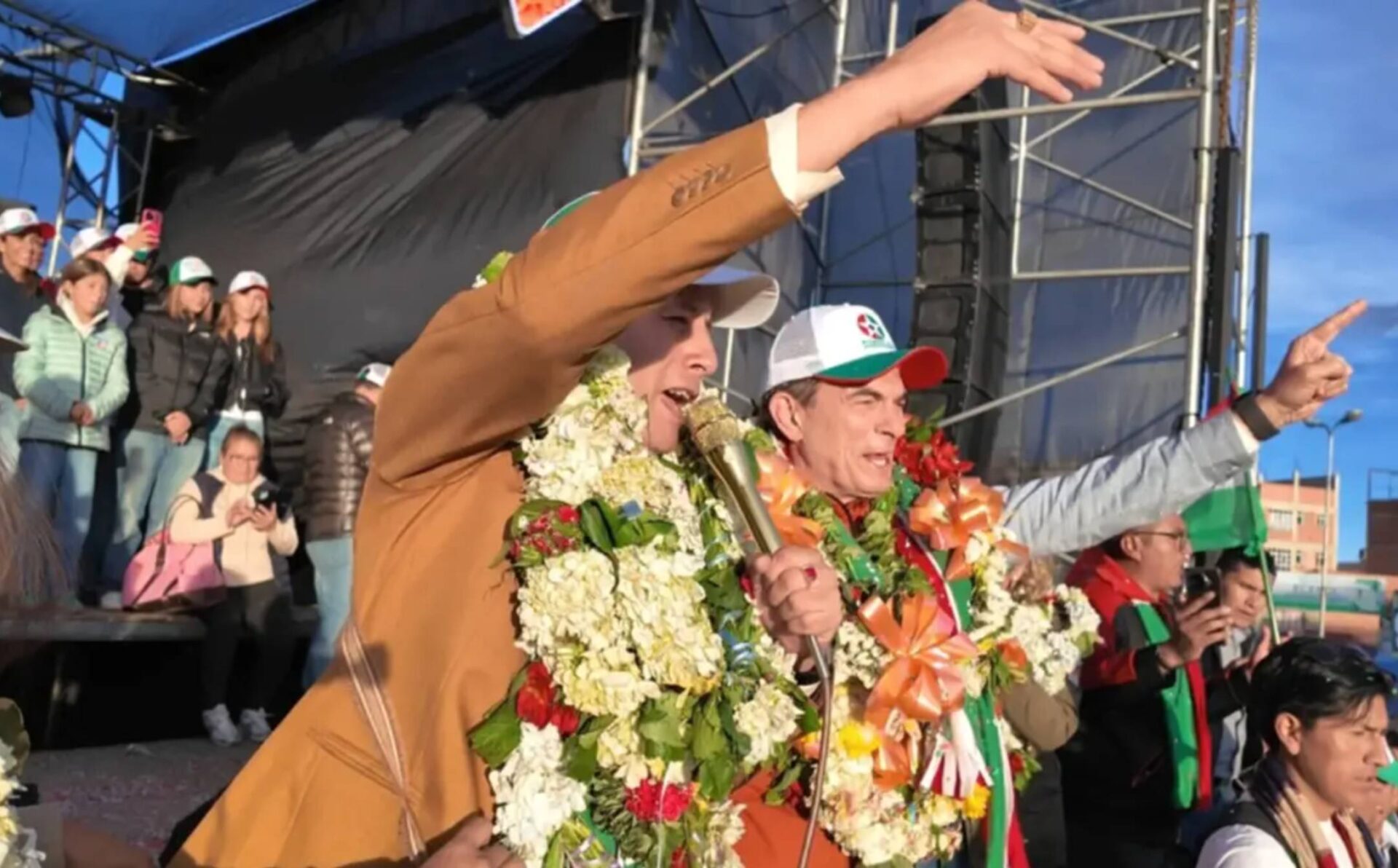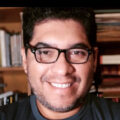Two black swans appeared on August 17 in Bolivia. They are the presidential candidate, Rodrigo Paz, and the vice-presidential candidate, former police captain Edmand Lara, from the Christian Democratic Party (PDC). They were unpredictable for political analysis and surpassed the favorite candidates in the polls: Samuel Doria Medina and Jorge Quiroga.
All political analysts —myself included— considered three scenarios for the unavoidable and historic runoff election: Samuel Doria Medina against Jorge Quiroga, or one of these two against Andrónico Rodríguez (young coca grower and Evo’s political heir), the most representative candidate of the left in the Bolivian pre-electoral context of 2025. None of the three imagined scenarios came to be. Political analysts predicted the obvious based on the trends shown in the polls. However, hidden voters disenchanted with MAS, Evo, Arce, and Andrónico had other plans, a fourth scenario: Rodrigo Paz against Jorge Quiroga, or a progressive against a conservative who can sit at the same table and talk. That is, between two adversaries, not enemies.
This fourth scenario implied a leap for Rodrigo Paz over Quiroga, Doria Medina, and the polls. August 17 was not just another Sunday for Bolivians: it was a Sunday of sweet surprises for the left orphaned of a party with legitimacy, but bitter for the right, with two leaders in dispute. This leap left militants, sympathizers, and leaders of the supposedly strongest alliances (Libre, led by Jorge Quiroga, and Unidad, led by Doria Medina) speechless. It was a pole vault by Rodrigo Paz and former captain Lara, who won the gold medal in the first round.
According to one group of commentators, the gold medal in the first round should have gone to Doria Medina; another group thought Jorge Quiroga deserved this prize. The latter won silver; the former, not even bronze. In fact, Doria Medina came in third according to valid votes, but if we consider the total votes cast, the number of null votes (scribbling on the ballot paper as a sign of disagreement with the election) was higher than what he obtained. The null vote was encouraged by Evo Morales. According to official data, it exceeded one million votes, nearly 20%. Doria Medina also surpassed one million voters, but to a lesser extent than the null votes encouraged by Evo. In short, commentators were left alone with their predictions: Morales stopped in his tracks, Rodrigo leaped, and Lara delivered a radical populist speech attacking his opponents with coarse language.
Former captain Edmand Lara has a doctrinaire police background, but a radical anti-right political discourse that fits with the electoral preferences of popular and indigenous sectors of the country’s west. The electoral results of August 17 show that his social base is practically the same that supported Evo and Arce at different electoral moments. The rise of former captain Lara on the national political scene can be considered accidental for MAS political representatives who governed Bolivia between 2006 and 2025. That is, the emergence of a man from the national-popular camp who has temporarily saved the day to represent in the executive branch those who stand on the far left of the national political spectrum.
It should be clarified that Rodrigo Paz is located in the center-left of the national political spectrum. He has a patriotic narrative and one of national unity. He is the son of former president Jaime Paz Zamora (1989–1993). Perhaps he was the only candidate who visited more than 200 municipalities in the country over four years. Captain Lara is on the far left, from the position where the right is challenged. His police training conditions him theoretically, and his class background connects him with popular indigenous sectors that previously supported MAS. He is a TikTok phenomenon for popular sectors because he dances and condemns his ideological enemies. The two candidates complemented each other successfully in the first round: one visited municipalities and the other went viral on social networks.
This natural connection of former captain Lara with popular indigenous sectors makes him unique compared to Rodrigo Paz, Jorge Quiroga, and Juan Pablo Velasco (Quiroga’s vice-presidential candidate). That is, he embodies the sociocultural factor rooted in the spaces of power in Bolivia since the early 21st century. He is the ideal political actor that fits with the narrative of the process of change inaugurated by Evo Morales. That is why the voting for the Rodrigo-Lara duo was predominant in the west of the country, where MAS used to win by a landslide. The sociocultural factor gave Lara a uniqueness that no one recognized before August 17 because everyone —myself included— identified it in Andrónico Rodríguez, the candidate of the MAS faction that distanced itself from Evo, despite being his political heir, wanted nothing to do with President Arce, and was humiliated (less than 9% of the vote). The former police captain embodied electorally what the young coca grower could not achieve.
In short, Rodrigo Paz and Lara were improbable until August 17, but the consequences of the electoral results will be very significant until October 19, the date of the runoff election. Media attention was on Jorge Quiroga, Samuel Doria Medina, and Andrónico Rodríguez, not on the son of Bolivia’s former president and the former police captain. They were not taken seriously in the first-round campaign because more interest was placed in the most recognized, who led the polls. Even though all commentators and analysts have tried since Monday to explain what happened on Sunday, no one imagined the impossible on Saturday.
Rodrigo Paz and Edmand Lara are two black swans, but that does not mean they have emerged with magical solutions, sufficient legitimacy, and a captivating narrative. The country’s critical economic situation requires the contribution of economic experts, a narrative that justifies political decisions, and above all, political agreements in the Plurinational Assembly, which will be made up of five parliamentary forces, none with an absolute majority. Exiting the economic crisis and achieving political stability in 2026 is not yet certain. Bolivia is a country that is sometimes strange to its own inhabitants, little understood by its neighbors, and one the world views with astonishment.
*Machine translation, proofread by Ricardo Aceves.













